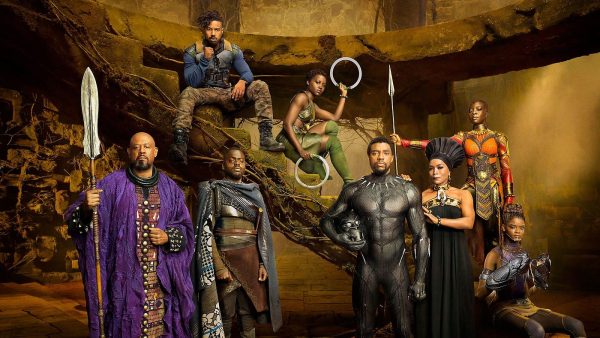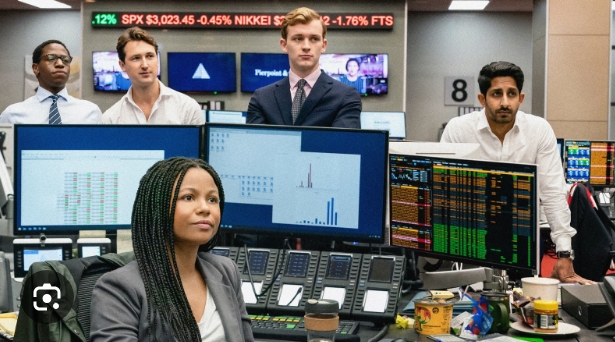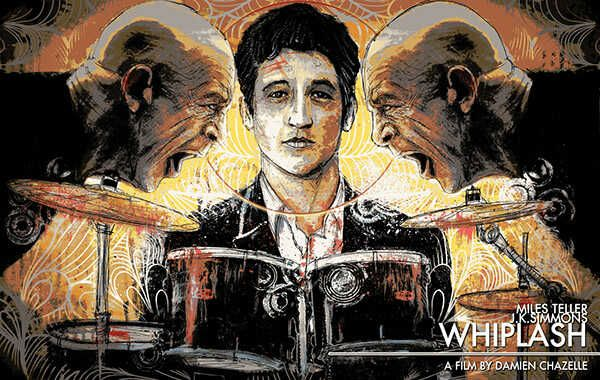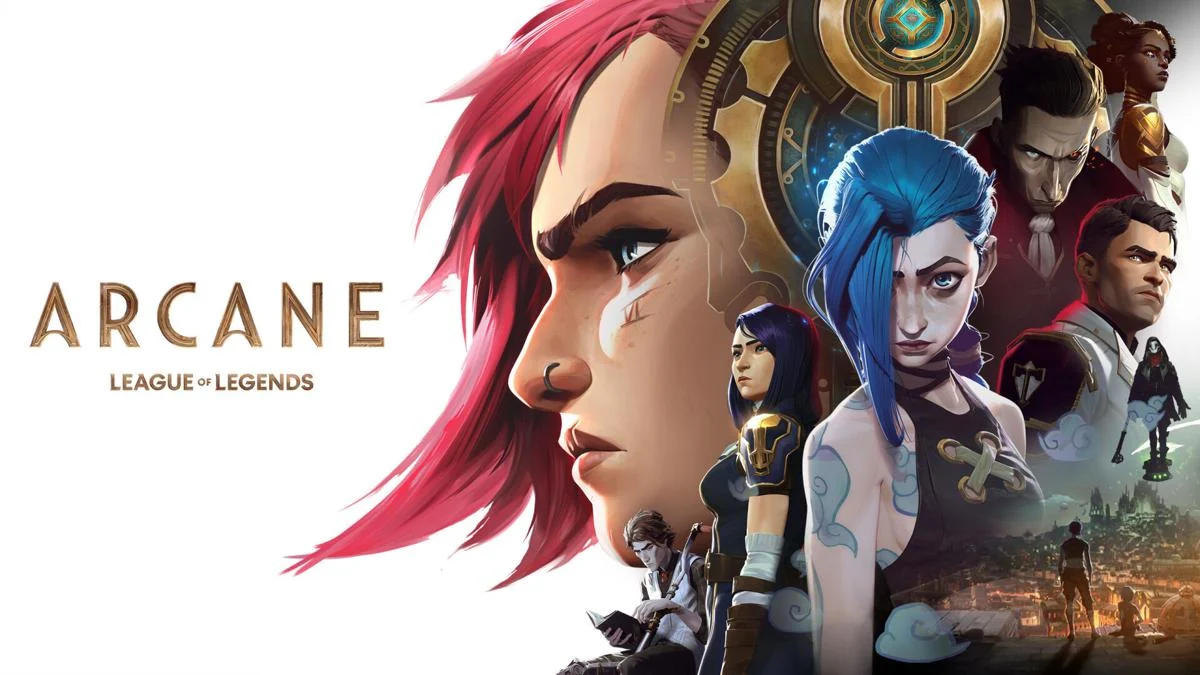Superhero movies have dominated the film industry since 2012, with movies about characters like Iron Man, Batman, and Captain America repeatedly being the most popular movies in the year of their releases. Throughout this so called “Superhero Renaissance”, many fans have begged for more diversity in these franchises. The first big step for diversity in superhero movies was Wonder Woman, which became one of the most popular movies of 2017, and this year the trend did not stop. Black Panther came out on February 16th, and instantly became a pop culture phenomenon. It went on to be the #1 movie in America for 5 weeks straight, gain universal praise, become the 3rd highest grossing film of all time in the US, and demonstrate the strength of African Americans in the film industry.
 Although Wakanda is a fictional nation, Black Panther celebrates African culture. The filmmakers embraced the tribal clothing, hairstyles, customs, and language of Africa. Every Wakandan character had some aspect of African culture as an essential part of their design. This resulted in a film that felt distinct in its portrayal of Africa. Africa wasn’t shown as an uncivilized continent comprised of third world countries, it was shown as a place that was saturated in its own culture and natural resources. The film also deals with many hot button topics in the African-American community. For example, the main conflict between the lead, T’Challa, and the antagonist, Erik Killmonger, represents the ever-present discourse between native African people and Black Americans. Other real world problems confronted by the movie include the harmful effects of European colonization on people of African descent, the role of women in society, and xenophobia.
Although Wakanda is a fictional nation, Black Panther celebrates African culture. The filmmakers embraced the tribal clothing, hairstyles, customs, and language of Africa. Every Wakandan character had some aspect of African culture as an essential part of their design. This resulted in a film that felt distinct in its portrayal of Africa. Africa wasn’t shown as an uncivilized continent comprised of third world countries, it was shown as a place that was saturated in its own culture and natural resources. The film also deals with many hot button topics in the African-American community. For example, the main conflict between the lead, T’Challa, and the antagonist, Erik Killmonger, represents the ever-present discourse between native African people and Black Americans. Other real world problems confronted by the movie include the harmful effects of European colonization on people of African descent, the role of women in society, and xenophobia.
On a deeper level, this film was a cultural landmark for African Americans in modern history. It is one of the few major studio films with mostly black talent (in front of and behind the camera) that isn’t about slavery, poverty, or imprisonment. It shows positive representation of African Americans, as opposed to the negativity constantly associated with the marginalized group. In cities all over the country, generous citizens and even a few celebrities completely bought out theaters for underprivileged communities to experience the phenomenon of the film. The soundtrack was produced and curated by Kendrick Lamar, one of the most notable rappers, and featured songs by many popular black artists, including The Weeknd, SZA, Khalid, Future, and Kendrick Lamar himself. This film’s iconic status this year is very admirable and should surely pave the way for more diversity in film for not only black people, but people of color in general.






